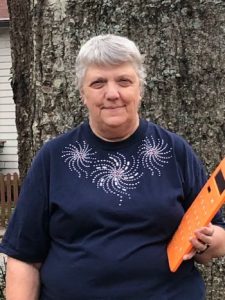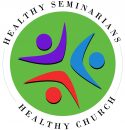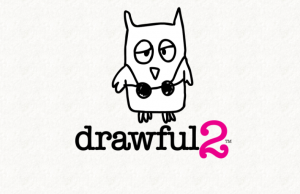April 2020 – Here is what one of our Lenten Challenge participants shared about their experience this year…

“I signed up for the Lenten challenge because for me, it helps to have structure to my spiritual time. The reflections each week that were sent helped to center the topic for that week. During that week, each day presented a different way of looking at the topic.
For example, the week on “honesty” included questions directed about honesty and God, honesty and self, honesty and loved ones, honesty and my community, honesty and creation. Some of these were extremely personal for me, like, how honest am I with God?
Some were not as pertinent, such as honesty and creation, although I’m concerned about creation and environment, that is not a priority for me right now. I really had to think about some of the questions posed, which was good during the Lenten season, as we can use that time to reflect.
The topic of forgiveness was most personal for me, as I question whether I have truly forgiven those who have hurt me. I think I have, but I need to reach out to God and ask for help if I have not been able to forgive. I also need to forgive myself constantly, as most people say, “you are too hard on yourself”. Funny to be thinking of forgiveness in relation to me; may God help me in this area. The Lenten reflection ended with a “bonus” week, that of Holy Week. I was so glad to end the Lenten challenge with “Christ is risen.”
Reflection by Sue Buchholz from Atlanta, GA, Lenten Challenge Participant


 I find that the fifty-day Eastertide season, in which, as I write this, we are on day six, is a wonderful time to reflect on the various changes that are taking place in our lives and how are we being moved to respond. This liturgical season is a reminder that, through Christ’s death and resurrection, our lives were, and are forever, changed. How do we adequately respond to this amazing good news?
I find that the fifty-day Eastertide season, in which, as I write this, we are on day six, is a wonderful time to reflect on the various changes that are taking place in our lives and how are we being moved to respond. This liturgical season is a reminder that, through Christ’s death and resurrection, our lives were, and are forever, changed. How do we adequately respond to this amazing good news? When did you have COVID, and how did you experience it?
When did you have COVID, and how did you experience it? Ok, no, things are clearly not back to “normal” yet, but we have circled back to the liturgical time of the year that is called “Ordinary Time” and today is actually day two in ordinary time. It is the time of year that is not directly connected with either the Christmas or Easter seasons (second week in January through the start of Lent as well as the days after Easter through the beginning of Advent). So the meaning of “ordinary” comes from the ordinal numerals by which the weeks have been identified as opposed to how we might feel about our present circumstances.
Ok, no, things are clearly not back to “normal” yet, but we have circled back to the liturgical time of the year that is called “Ordinary Time” and today is actually day two in ordinary time. It is the time of year that is not directly connected with either the Christmas or Easter seasons (second week in January through the start of Lent as well as the days after Easter through the beginning of Advent). So the meaning of “ordinary” comes from the ordinal numerals by which the weeks have been identified as opposed to how we might feel about our present circumstances.  For those who are not familiar with Drawful 2 (a game that can be played well either in person or via Zoom, Skype, or Facetime), each player receives a “unique” (that is, weird!) prompt that they must try to draw on their mobile devices (without the ability to erase once you start drawing!). For example, when playing with my family (dad, brother, sister-in-law, and two young nieces), we had to draw things such as “a pool full of salad,” “summer tuxedo,” and “throwing shadow.” After each “artist” presents their work, everyone else anonymously proposes a title for this bizarre drawing.
For those who are not familiar with Drawful 2 (a game that can be played well either in person or via Zoom, Skype, or Facetime), each player receives a “unique” (that is, weird!) prompt that they must try to draw on their mobile devices (without the ability to erase once you start drawing!). For example, when playing with my family (dad, brother, sister-in-law, and two young nieces), we had to draw things such as “a pool full of salad,” “summer tuxedo,” and “throwing shadow.” After each “artist” presents their work, everyone else anonymously proposes a title for this bizarre drawing. 